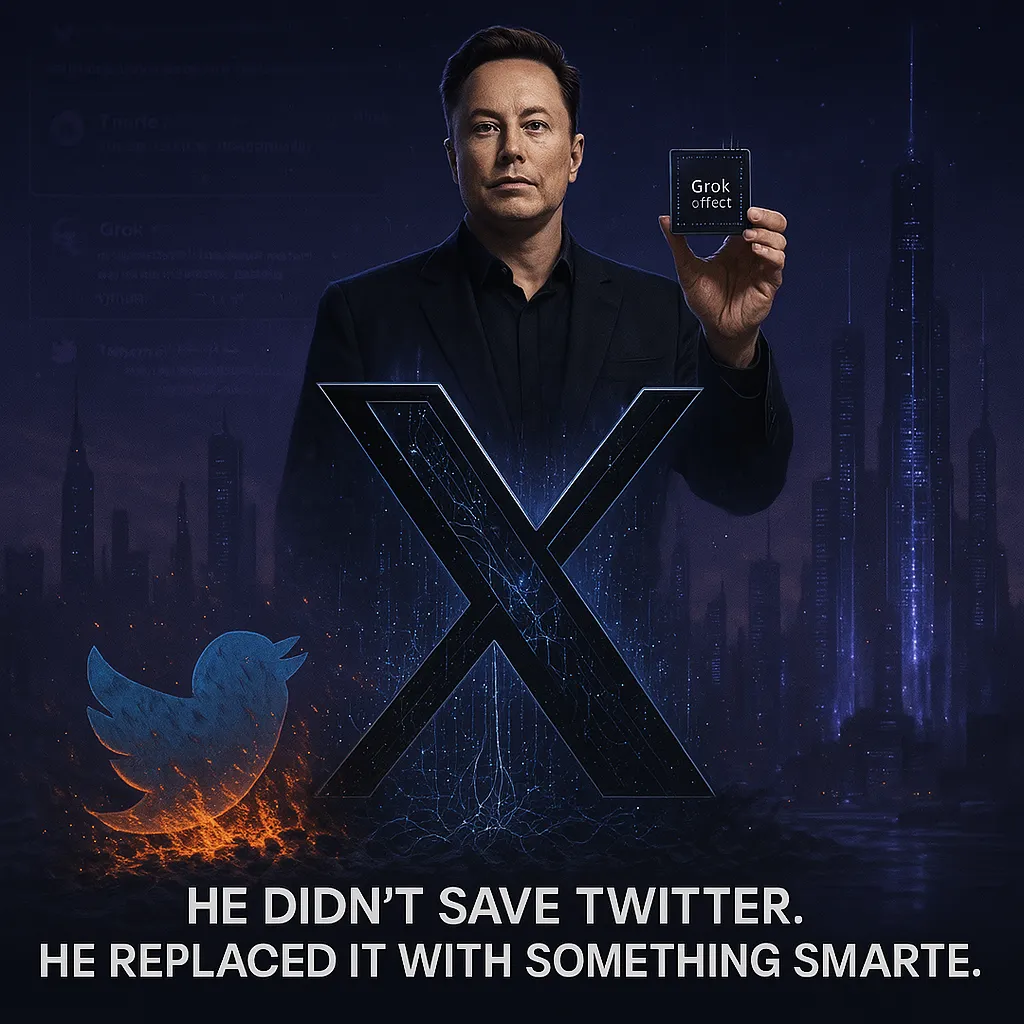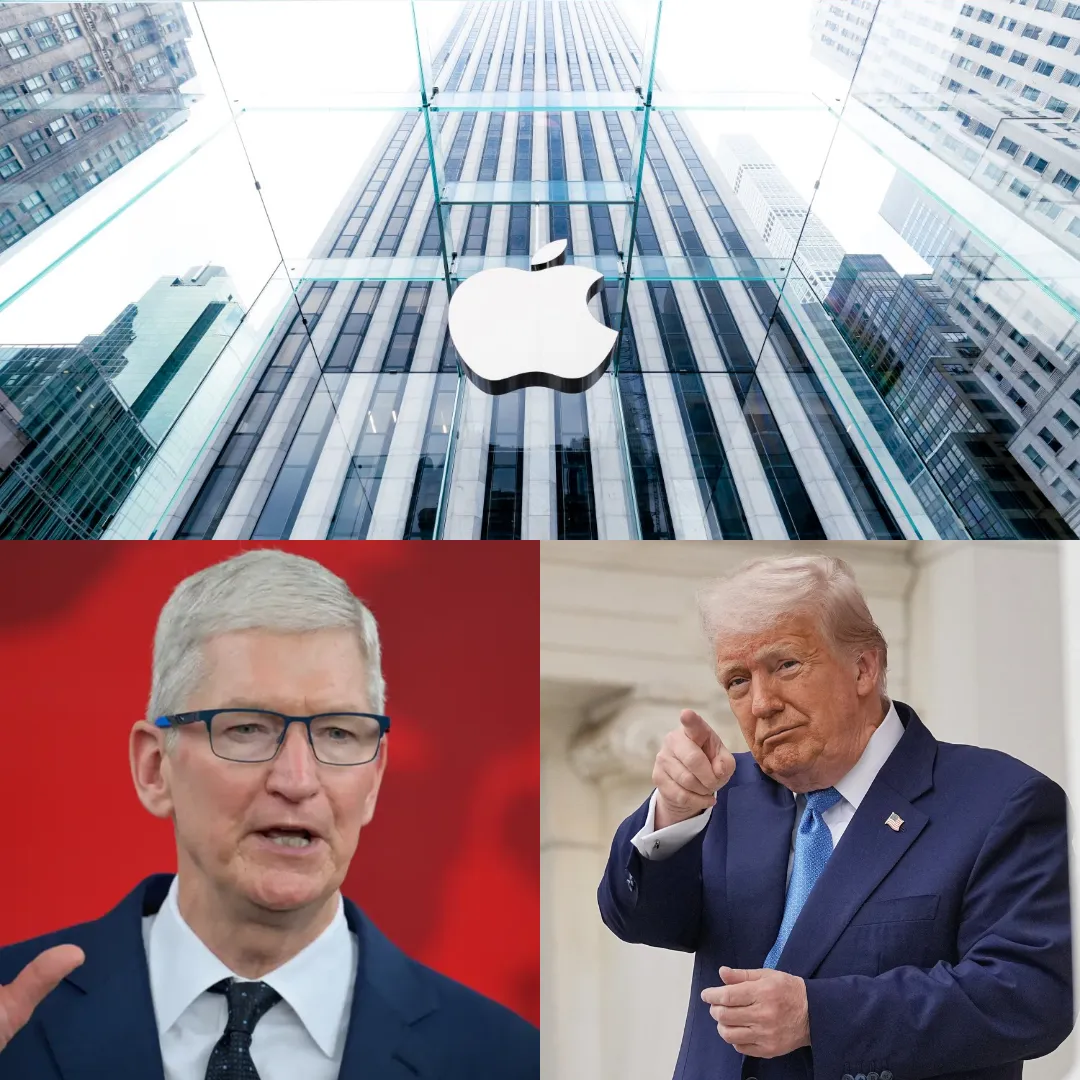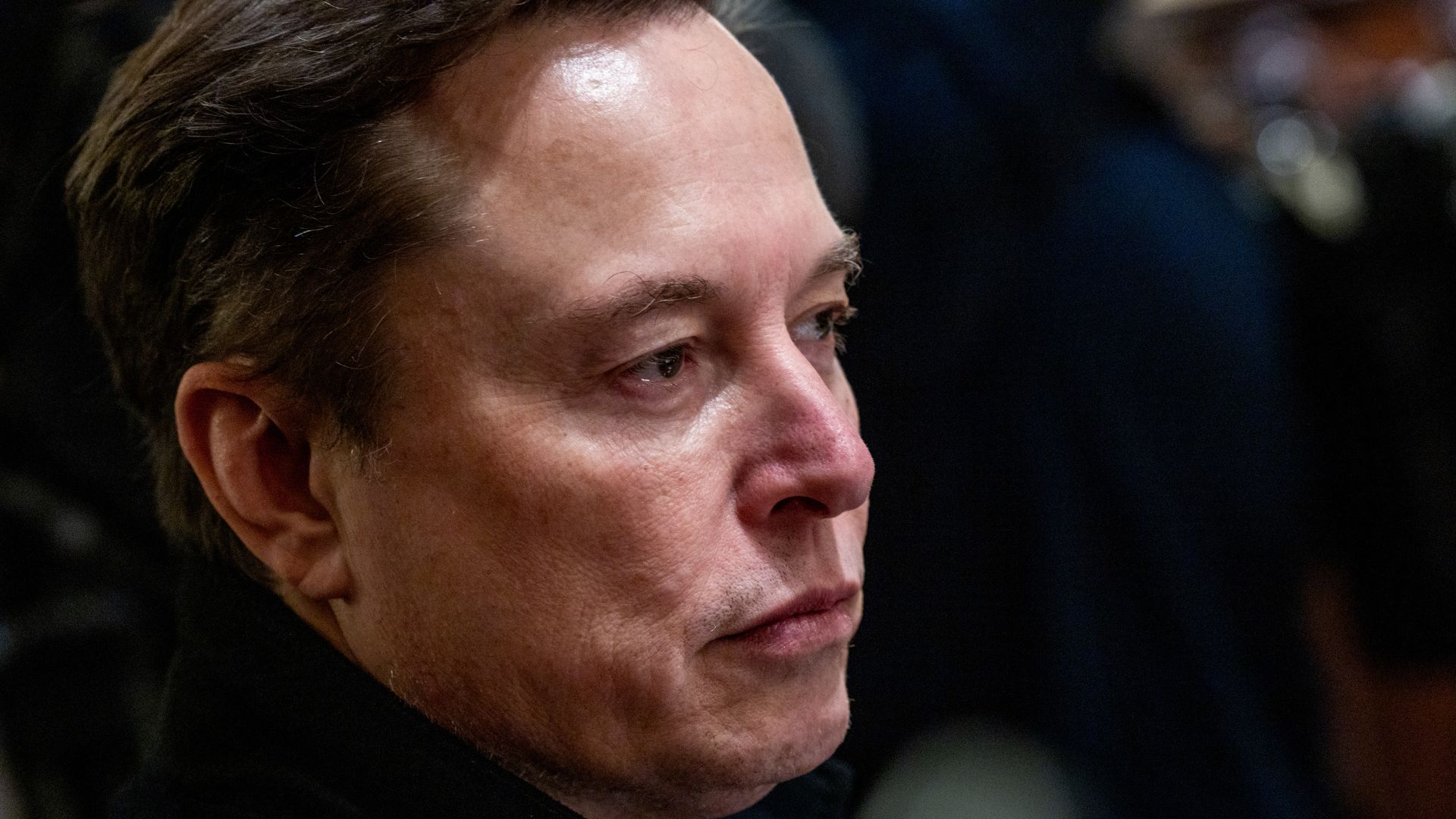
Elon Musk is no stranger to controversy. From revolutionizing industries with companies like Tesla and SpaceX to his volatile presence on social media, Musk has established himself as one of the most influential, yet unpredictable, figures of the 21st century. However, one of the most glaring contradictions in Musk’s public persona is his approach to privacy.
While he continually insists on protecting his own personal privacy with fervor, his actions toward the privacy of others have raised serious ethical concerns. A pattern of publicly exposing and targeting individuals, coupled with a desire to keep his own life shielded from public scrutiny, paints a picture of a troubling double standard.
Musk’s obsession with privacy has become evident in various aspects of his life, particularly in relation to his personal security. One of the most telling examples of this was his attempt to build a high security fence and gate around his $6 million mansion in Austin, Texas. In an effort to keep his private life shielded from the public, Musk and his team went to great lengths to ensure that his estate remained a fortress.
They sought to keep the construction of the gate a secret, working behind the scenes to prevent any public knowledge of the plan. Emails obtained by the New York Times revealed that Musk’s staff even tried to have public meetings with the community where neighbors could voice their concerns, but they worked hard to do this privately, with the hope of avoiding public attention.
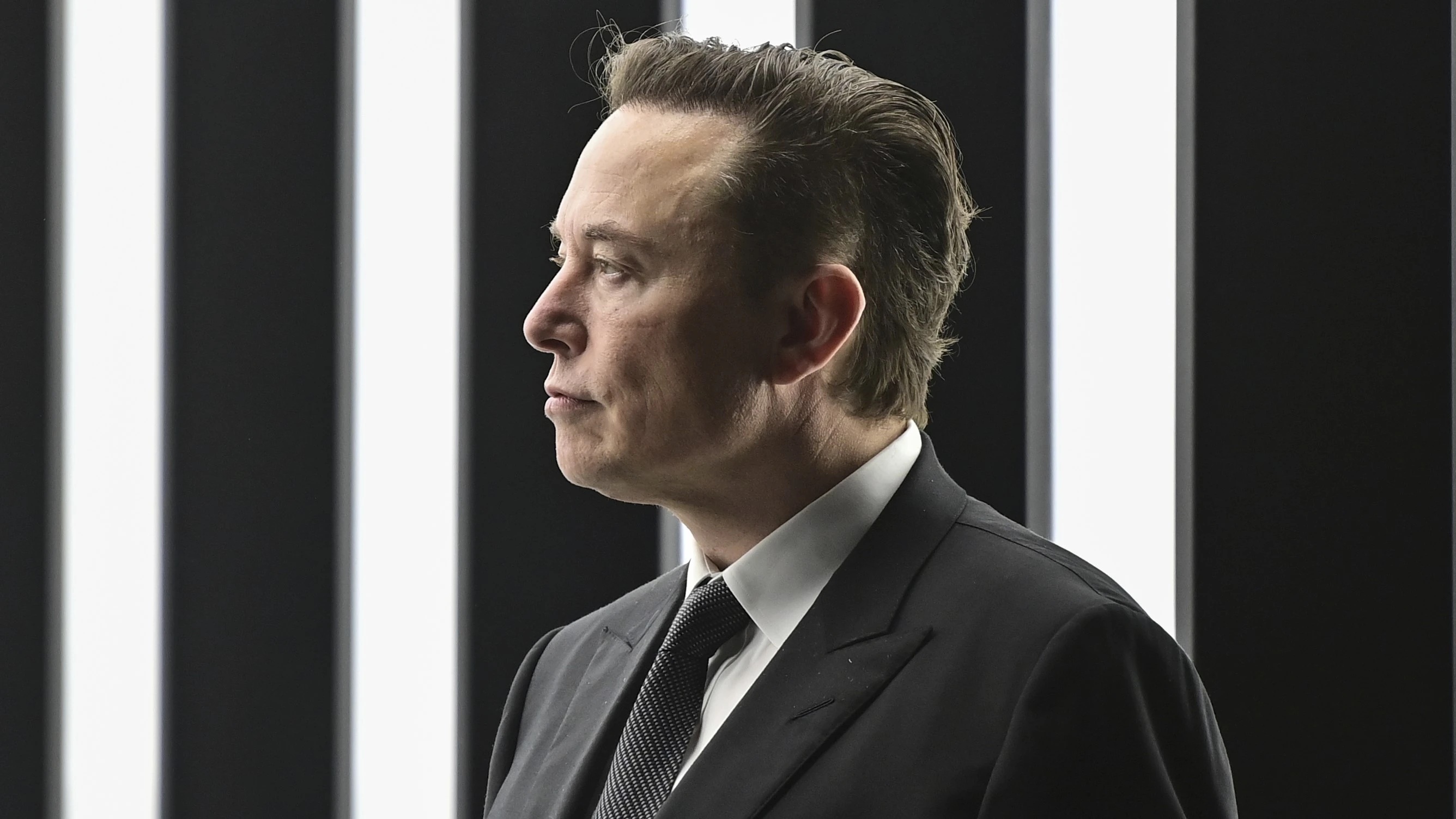
Further complicating the issue, Musk’s team requested an exemption from the state and federal laws regarding public records, hoping to keep their plans under wraps. Despite their best efforts, the city’s planning and zoning committee ultimately voted to reject Musk’s request, denying him the ability to create what many would consider a “Fort Knox” around his residence.
While this was a setback for Musk, it highlights the lengths he was willing to go to protect his own privacy and security. However, while Musk is fiercely protective of his personal privacy, his history of invading the privacy of others is both extensive and troubling.
Musk, with his enormous social media following of over 200 million people on platforms like X (formerly Twitter), has made it a practice to target specific individuals and publicly expose personal information, often with damaging consequences. This paradox — his demand for privacy while simultaneously violating the privacy of others — has caused a growing sense of unease among critics and supporters alike.
One of the most notorious incidents occurred in February, when Musk publicly revealed the identity of a judge’s daughter, whose father, Judge John McConnell, had ruled against Musk’s interests. In an astonishing move, Musk tweeted about her arrest, exposing the personal details of someone who had no connection to his business ventures.

His millions of followers were quickly drawn into the controversy, and the incident raised significant questions about the ethics of sharing such sensitive information. The judge’s daughter, an innocent bystander, became embroiled in Musk’s battles, a victim of the billionaire’s immense reach and disregard for privacy.
This disregard for privacy has extended beyond public figures to journalists as well. Musk’s relationship with the media has long been tense, but his actions have become increasingly hostile. For instance, after journalist Katherine Long of the Wall Street Journal reported on a story involving Musk’s alleged illegal actions, he responded by calling her a “disgusting and ruthless” person.
This was just one of many instances in which Musk used his platform to harass or discredit reporters who challenged him. His tendency to lash out at those who criticize him has caused many to question the balance between his freedom of speech and the ethical responsibility he holds as a public figure.
Even in 2022, Musk directed his ire at a professor, Missy Cummings, from Duke University. Cummings, a respected expert in automation, had criticized Musk’s approach to Tesla’s self-driving cars. Musk took to Twitter to attack her, accusing her of being “extremely biased” against the company.
This public reprimanding of a scholar in a field relevant to his business reflected a pattern of Musk using his vast social media following to stoke controversy and silence opposition, regardless of the consequences for those he targeted.
Musk’s actions have not been limited to just public figures and journalists. In one of the more disturbing instances, he was reported to have publicly bullied Ashley Thomas, an employee of the U.S. International Development Finance Corporation, on X. The harassment Musk initiated created a ripple effect, as his followers took it upon themselves to amplify the bullying, making Thomas’s life a nightmare.
These instances have illustrated the dangerous power of Musk’s platform and the way in which he uses it to intimidate and exert control over individuals he deems as adversaries. His willingness to target individuals with personal attacks and public humiliation speaks volumes about his character and his approach to privacy.
While Musk has routinely violated the privacy of others, his ability to tolerate criticism of himself appears to be severely lacking. This became apparent in March, when Musk publicly lamented the level of hatred and violence directed toward him from the left-wing, after his political affiliations became more apparent and his controversial stances inspired opposition.
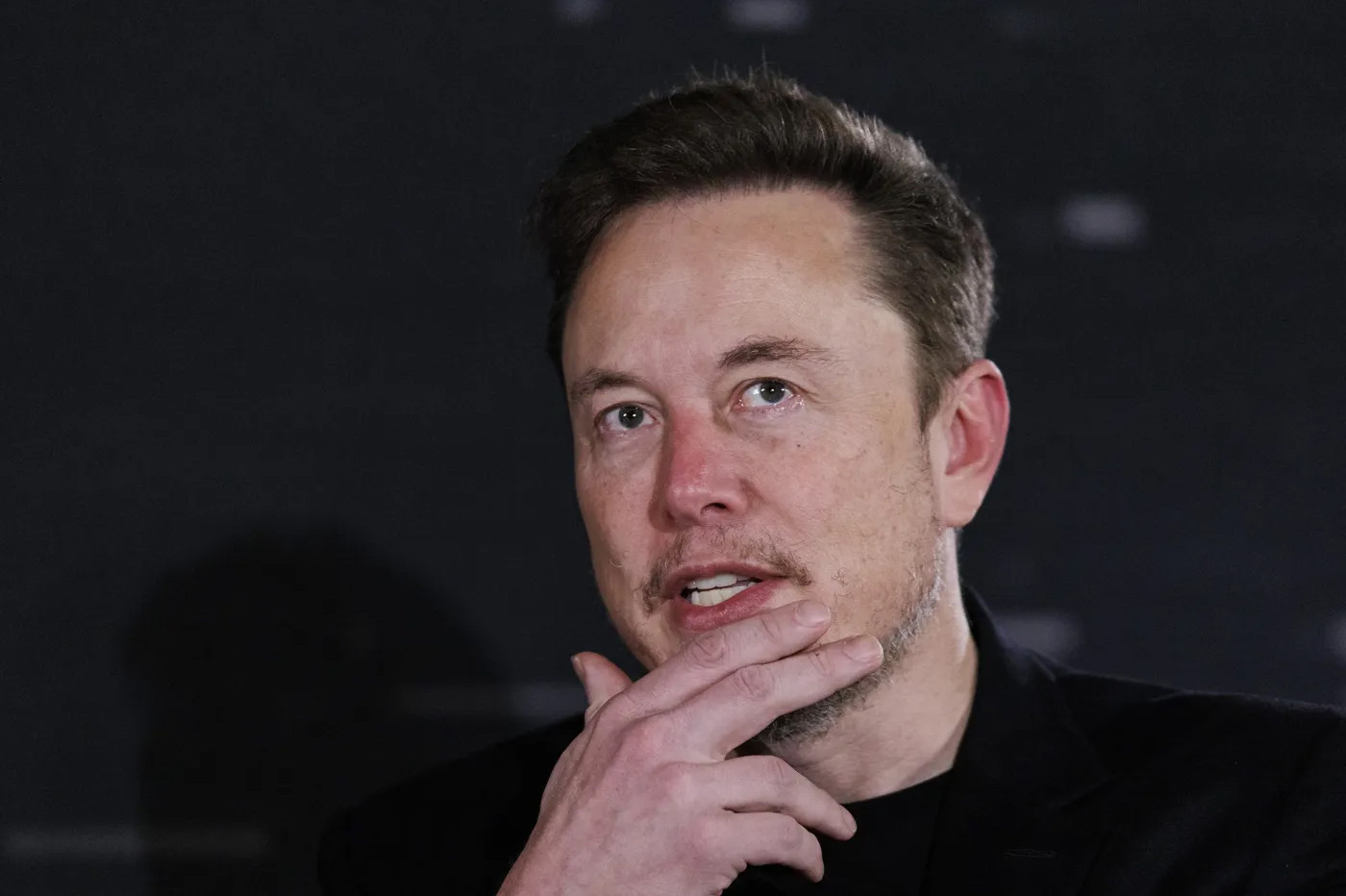
In an interview with Fox News, Musk expressed his shock and frustration at the vitriol he had received, claiming it was “shocking” to witness such intense hatred from a political group he had once been somewhat aligned with. His emotional response to these critiques was notable not just for its intensity, but for its hypocrisy.
While Musk continues to critique and publicly expose others, he has shown little ability to accept criticism directed at himself. His comments about being shocked by the backlash he faced seemed disingenuous, considering his role in stoking and amplifying public disputes with others.
This discrepancy between how Musk handles the privacy of others versus his own speaks to a broader issue within the tech and social media industries. Musk, a man who has built his fortune on disruptive innovation and cutting-edge technology, has created an environment where the lines between public and private life are often blurred.
With his vast social media following, Musk holds immense power, and yet he often uses that power in ways that disregard ethical considerations and personal boundaries. The double standard of demanding privacy while violating the privacy of others is a central criticism of Musk's leadership style and public persona.
The issue of privacy is becoming increasingly important in the digital age. As technology continues to advance, the ability to protect one's personal information has become a growing concern for both individuals and public figures. Musk’s actions highlight the complexities of navigating privacy in an interconnected world, where personal lives can be exposed with the click of a button.
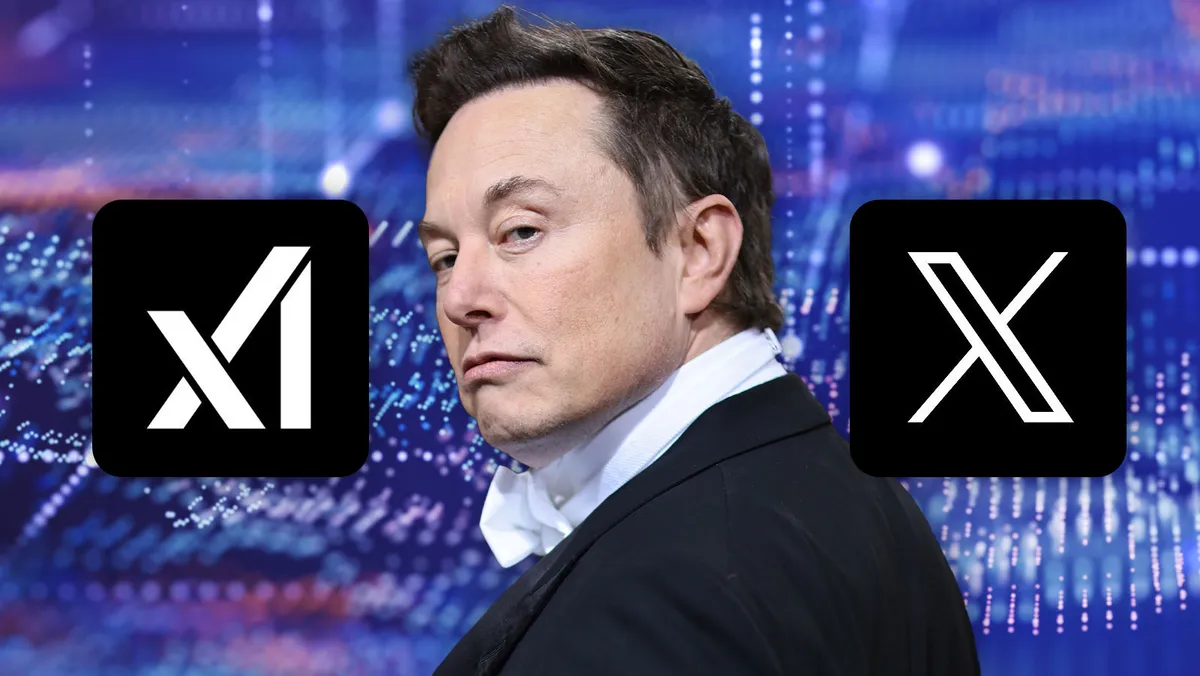
His behavior underscores the dangers of unchecked power in the hands of social media influencers and tech moguls, who can manipulate their massive audiences to destroy the lives of those they deem as enemies. In conclusion, Elon Musk’s relationship with privacy is one marked by contradictions.
His fervent efforts to protect his own personal information while simultaneously disregarding the privacy of others reveal a troubling double standard that raises serious questions about the ethics of his actions. Musk’s use of social media to attack, harass, and expose individuals to his millions of followers is a reflection of his disregard for the privacy and well-being of others.
Meanwhile, his constant demands for privacy in his personal life reveal a man who seeks to protect his own interests, no matter the cost to others. As Musk continues to shape the future of technology, the question remains: how can a figure of such influence reconcile his personal privacy with his public actions? The answer, it seems, is far from clear.


